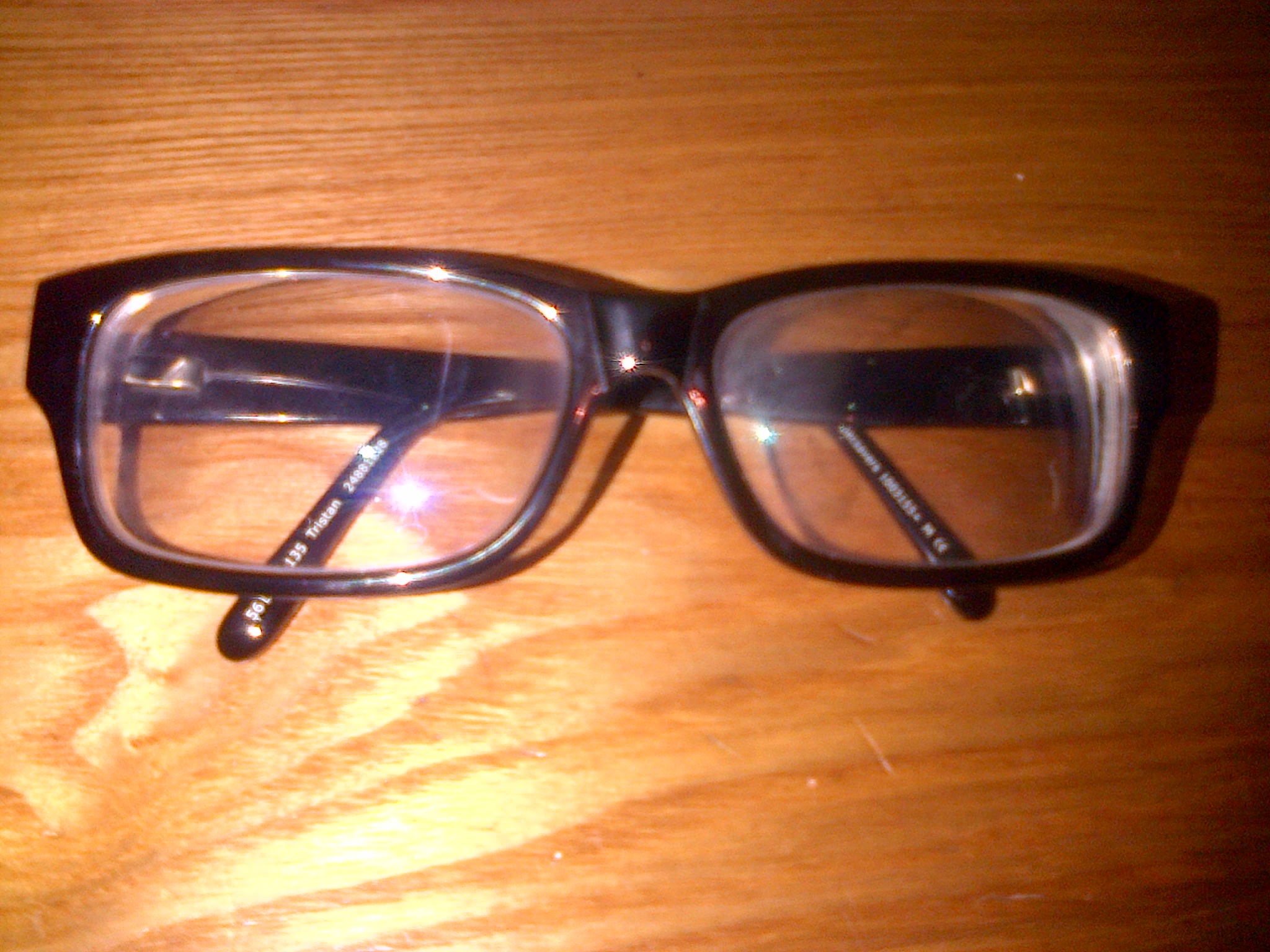
Oxford University
Patient and carers experiences of health can be an important source of information to other people with similar concerns. Traditional health information has been based on facts and figures, not the experiences of other patients or carers of people with similar conditions. Today health websites can contain traditional health information, accounts or stories of people’s experiences of health, blogs about health and discussion boards. It is important to understand what impact these health websites have on patients and carers.
A research team in the University of Oxford are researching the effects of sharing online patient and carer health information. The wider aim of this research is to find out how the NHS and other health information providers should incorporate people’s experiences into online health information in an effective manner.
Just click here to take part
https://oxforddph.qualtrics.com/SE/?SID=SV_54JzaA3Ub5gWBG5
One component of this research seeks to pilot-test a questionnaire to measure the impact of using health-related websites. This measure will be used in a clinical trial to assess the impact of websites containing personal experiences. It is therefore extremely important to establish if this questionnaire is suitable for its intended use. The questionnaire will also be available for use in future research.
The development of the e-Health Impact Questionnaire is being carried out in collaboration with a number of study groups in Northumbria, Oxford and Scotland. The Programme is funded by the National Institute for Health Research.
Can you help with this research?
The research team are asking carers who are aged 18 or over and have access to the internet to complete this questionnaire. They must also live in the United Kingdom.
In this study a ‘carer’ is a family member or friend who provides care in terms of help and support to a person due to their health condition. Examples of care are:
- Personal care such as help with dressing or washing.
- Healthcare such as help with medications or medical equipment.
- Household duties such as cooking or shopping.
- Physical care such as lifting or helping with walking.
What will taking part in this study involve?
Those wishing to take part in the study will be asked a series of questions about their general views of online health information. They will then be asked to spend 10-15 minutes browsing a care related website and answer a series of questions relating to that website. Where participants provide an email address, they will be sent an email after a period of two weeks asking them to repeat a section of the questionnaire again. This is to test if they questions are reliable and accurate over time. Completing the questionnaire should take approximately 20-25 minutes on two separate occasions.
How can I take part?
Please click on the following link to access the questionnaire: https://oxforddph.qualtrics.com/SE/?SID=SV_54JzaA3Ub5gWBG5
If you would like to contact the research team, you can do so by emailing Laura Kelly at laura.kelly@hmc.ox.ac.uk

